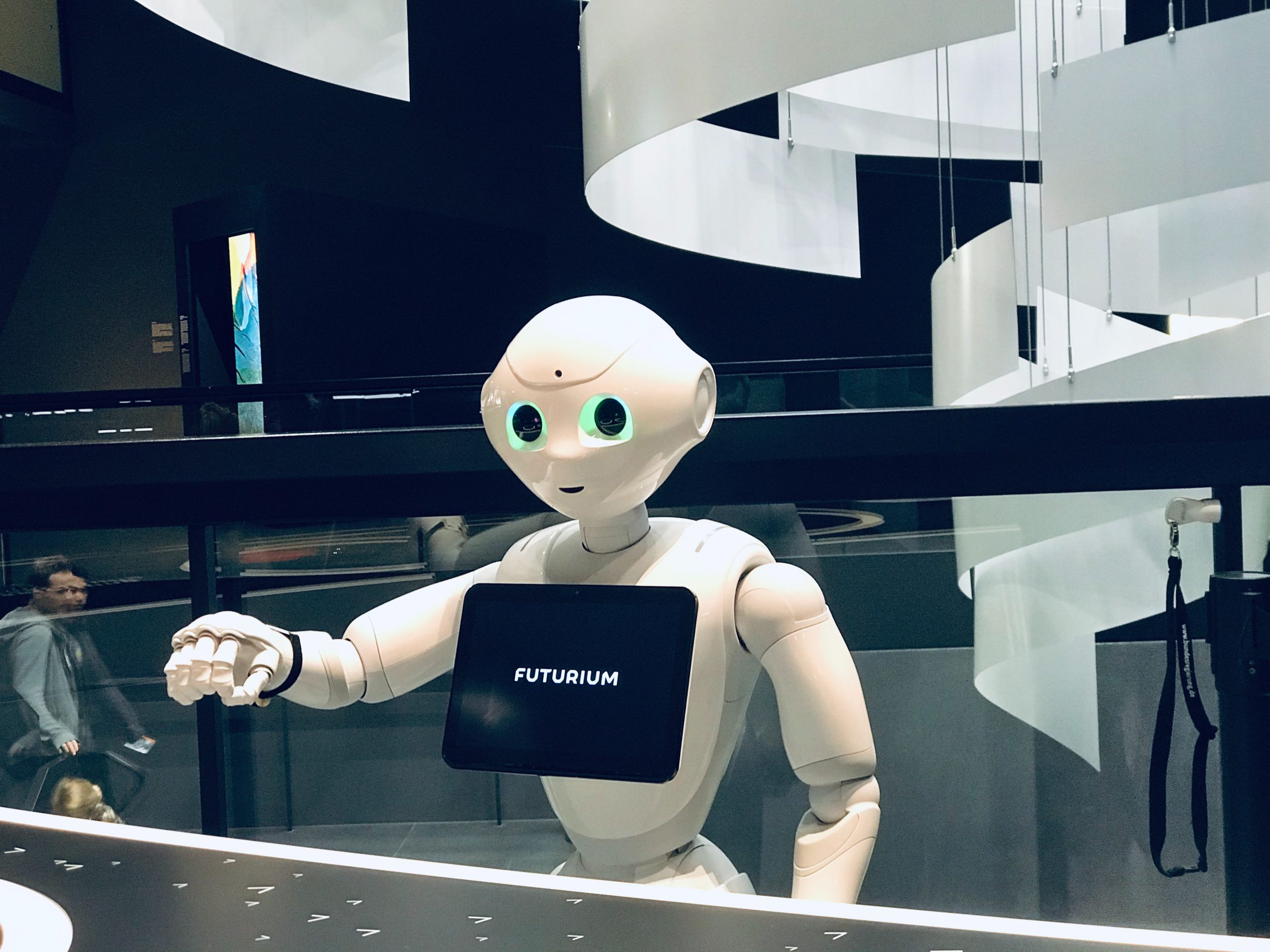Healthcare news continues to bring positive updates to the medicine industry, with modern developments surfacing each time. With billions invested in medical technologies, medical news reports that the next big thing in healthcare will be AI-assisted industry operations. Artificial intelligence started as a small project to see how far computer learning could go, but now it has become one of the largest technological fields.
AI seems to be something cut out for other industries that deal with customers, products, and business operations. After all, how can a computer ever replace the expertise and judgment of a real, educated doctor that holds all the necessary licenses? The answer is that it may not fully replace our beloved medical professionals, but it can surely expedite diagnostics and even discover new trends for research teams.
How AI Is Paving the Way for the Future of Healthcare
There is no doubt that medicine still requires professionals’ opinion, as computers haven’t evolved to the point where they can fully grasp the human condition. However, when it comes to data and analytics, AI can pave the way for teams and researchers to learn new trends and human health changes. In fact, when it comes to statistics and the numbers game, AI has shown to be stronger than any human can physically reach. Without any risks of errors or mistakes, computers can make educated decisions if they are programmed well enough.
In fact, combining medical technologies with AI can help with instances like pandemics wherein movements are limited and hospitals are packed. If efforts continue to shift towards AI development, this can significantly reduce stress and risks towards medical professionals. Here are ways that AI technologies can further foster the industry:
-
Improve Communication
Patients will have various concerns and different schedules, and most doctors end up spending more time filing documents and paperwork per day compared to seeing patients. While patients still require a doctor’s assistance, medical technologies can be developed to suit the needs of diagnostics and tie in with AI. These technologies can help patients communicate their needs better and even help with the tedious tasks of scheduling and filing records.
-
Bolster Data Collection
AI can assist data collection and storage while keeping these safe from breaches. Digital healthcare platforms are often met with skepticism because of today’s online threats. However, AI is brilliant and can spot malicious entities, helping practitioners keep their data and see any trends or flows of suspicious activity in the system. In the future, AI will be responsible for everything and produce impenetrable systems for all industries.
-
Diagnostic Technologies Will Evolve
While current medical technologies are already considered cutting-edge, diagnostic procedures can be further bolstered and accelerated by machine learning. As AI learns trends and changes in the human body, it can build a database that can discover anomalies and other pressing issues that require prompt treatment. In most cases, computers can see things that humans miss, which is why algorithms and machine learning will further improve the way diagnostics are conducted using various technologies.
Conclusion
Medical news is always showing the best of the future endeavors, and one of the best things to look forward to is the integration of AI into the world of healthcare. Both practitioners and patients will benefit from the smart algorithms of machine learning, which will help them gather better data and find more ways to improve treatment.
Dose of Healthcare is a premium healthcare news website that provides the latest information on the industry of medicine and medical technologies. Whether it is COVID-19 news or overall general healthcare, our articles are here to help. Read our articles to stay up to date and informed.


















